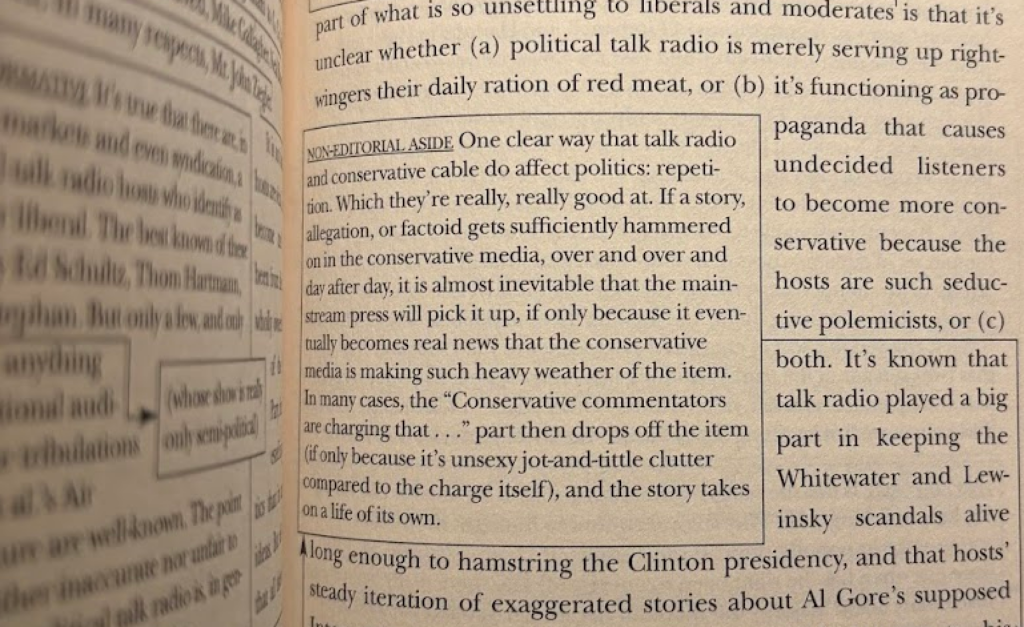But as action settings, these rooms immediately light up.
Hendren, Sara. What Can a Body Do? How We Meet the Built World. Penguin Publishing Group, 2020, pg 130.
But pointing out that it is exceeding difficult to achieve conscious, intentional, purposive and directed change in the world through the introduction of some novel technical means is not at all the same thing as saying that emergent technologies have no effect on the the state of affairs we experience.
Greenfield, Adam. Radical Technologies: The Design of Everyday Life. Verso, 2017, p 307.
‘I admit that this is a wild fancy,’ the Grasshopper was saying, ‘and I hesitate to tell you my thoughts.’
Suits, Bernard, et al. The Grasshopper: Games, Life, and Utopia. Third edition, Broadview Press, 2014, p 11.
The passages above suggest to me that I should follow this idea put forward by Matt Webb recently in his post, Cyborgs vs rooms, two visions for the future of computing:
Both cyborgs and rooms are decent North Stars for our collective computing futures, you know?
Both can be done in good ways and ugly ways. Both can make equal use of AI.
Personally I’m more interested in room-scale computing and where that goes. Multi-actor and multi-modal. We live in the real world and together with other people, that’s where computing should be too. Computers you can walk into… and walk away from.
So it’s an interesting question: while everyone else is building glasses, AR, and AI-enabled cyborg prosthetics that hang round your neck, what should we build irl, for the rooms where we live and work? What are the core enabling technologies?
It has been overlooked I think.
